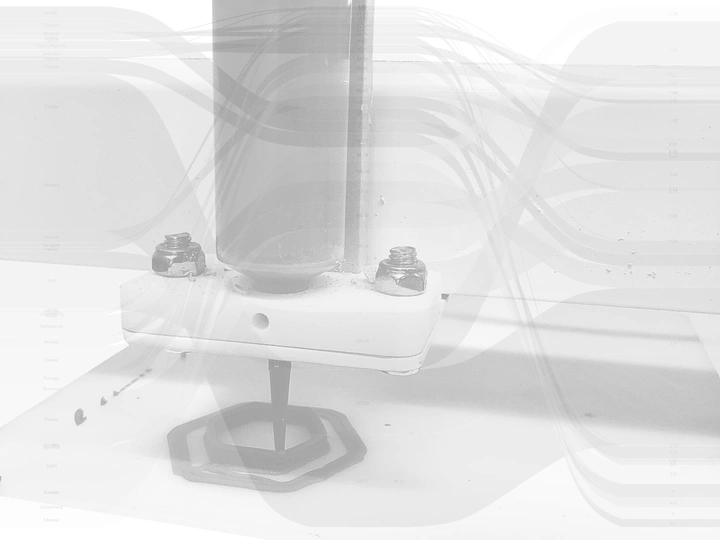Brewing Circular Economy CoffeeWaste to 3DPrinting

Passionate about urban and sustainability research, with a focus on innovation. I started my architectural journey in Mexico, completing a diploma there. Pursued Master’s in Advanced Architecture at IAAC, Barcelona, enriching experience with research in Taipei. Furthered education with a Master’s in Metropolitan Analysis, Design, and Engineering at TU Delft and Wageningen University, hosted at AMS.
Engaged in diverse projects spanning mixed-use, master planning, landscape, and urban research. Collaborated with firms like Nabito Arquitectura, ARR Arquitectes, HB Mimarlik, OA Arquitectes, IND Inter.National.Design, and Pubblik & Vos. Committed to social integration, co-creating projects like MicroMobile Garden in Timisoara, and initiatives focused on plastic recycling.
Passionate about sustainability in the built environment, particularly in air quality studies and their impact on cities. Cultural fusion is evident in designs, influenced by Mexican, Spanish, and Dutch experiences. Resided in Barcelona and am currently based in Rotterdam. Integrates cultural influences to enrich architectural endeavours.
"We want to do a lot of stuff; we're not in great shape. We didn't get a good night's sleep. We're a little depressed. Coffee solves all these problems in one delightful little cup." Jerry Seinfeld
Rotterdam, the second largest city in the Netherlands, is focusing on addressing metropolitan challenges, through different studies, practices, and policies, the use of biobased materials is included in all. The project consists of using coffee waste as raw material for 3D printing by recuperating coffee waste. This project can create new opportunities for entrepreneurship, job creation, and economic growth in sectors related to sustainable design and manufacturing.
The project aims to explore, research, and provide valuable knowledge and best practices that can become a blueprint for other cities seeking to adopt sustainable manufacturing practices using biobased materials, promoting a transition towards a more sustainable and resilient future through the recovery of biobased materials that can be found in the city's waste stream. This project can demonstrate the potential of bio-based materials and how they can positively impact sustainable practices to drive positive changes at the local level.
The implementation of 3D printing with coffee waste in local manufacturing contexts in Rotterdam can have different impacts on the environment, economy, and society. From an environmental perspective, the use of coffee waste can help to reduce dependence on virgin resources, minimises material waste, and mitigates carbon emissions associated with traditional manufacturing processes and the promotion of biobased materials, economically, the adoption of 3D printing with coffee waste can create new opportunities for entrepreneurship, job creation, and economic growth. Socially, empowering local communities to participate in the manufacturing process fosters a sense of ownership, pride, and resilience, strengthening social cohesion and community resilience.